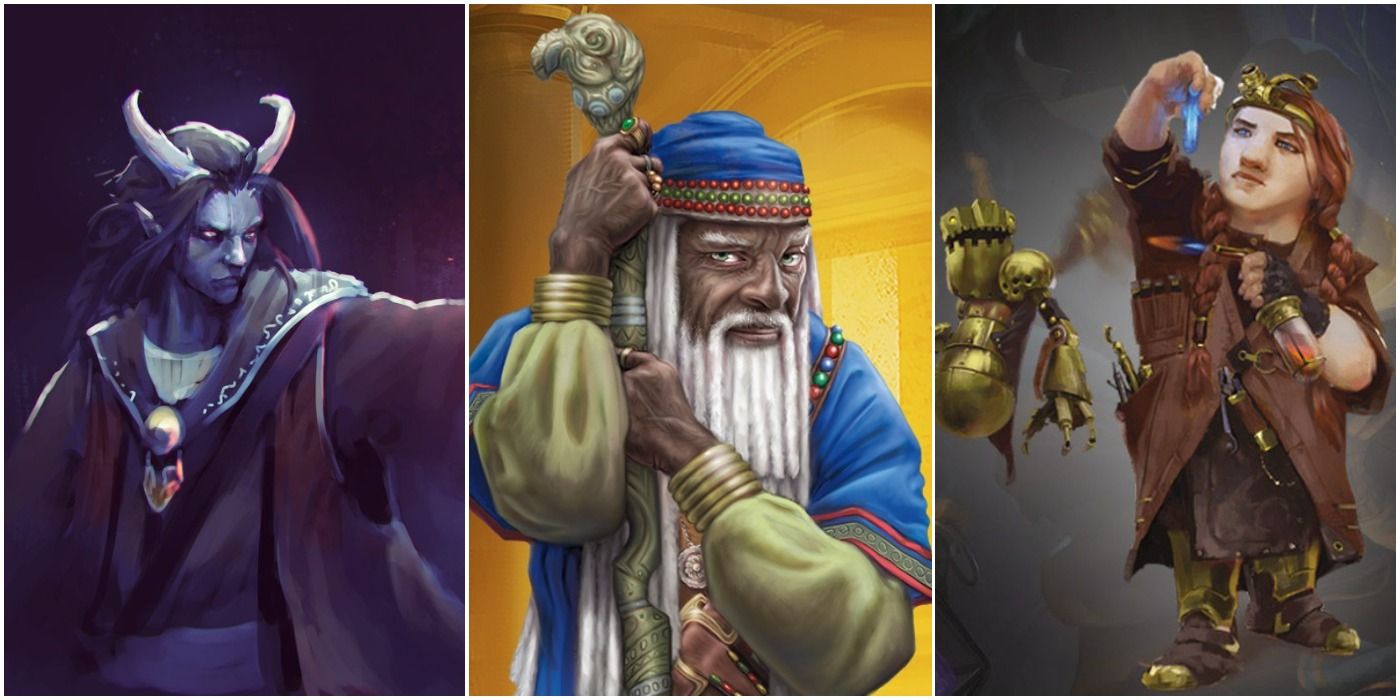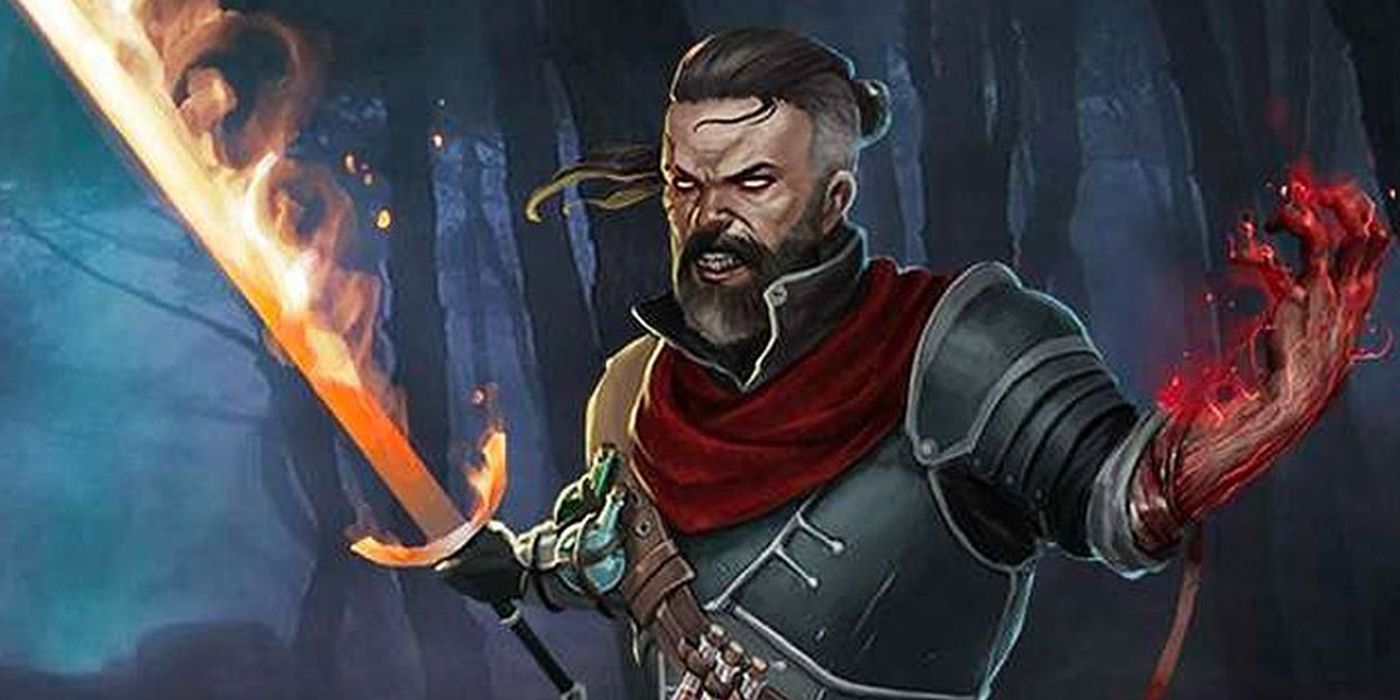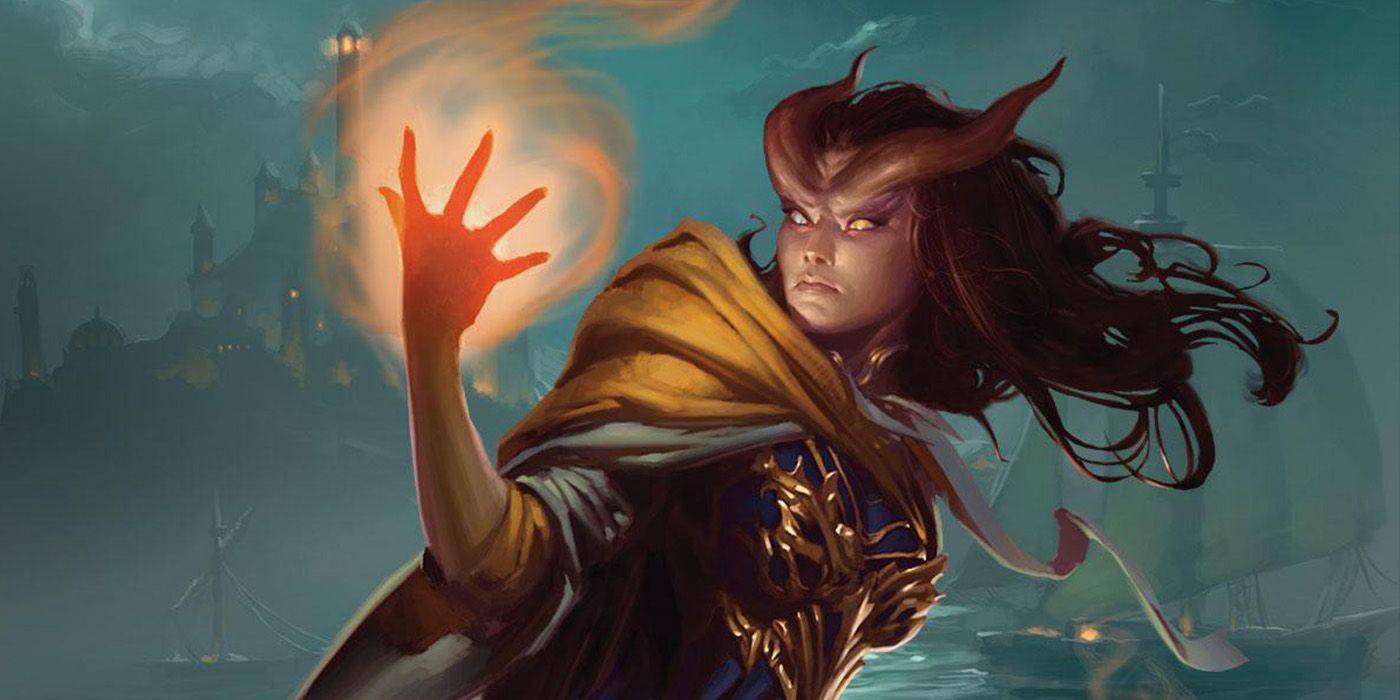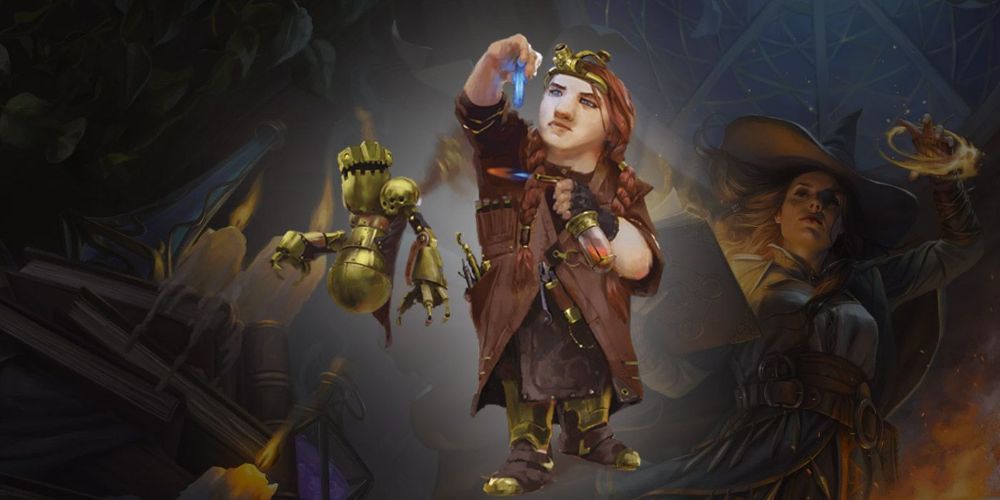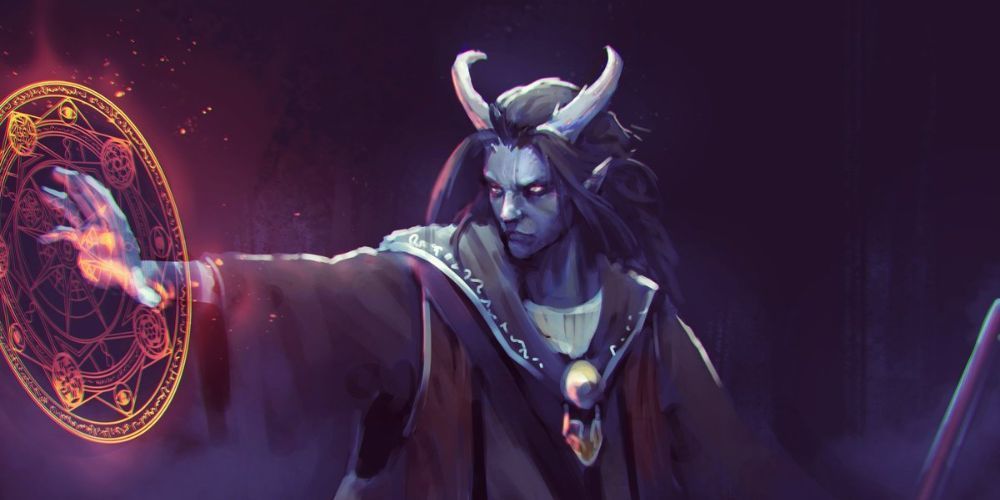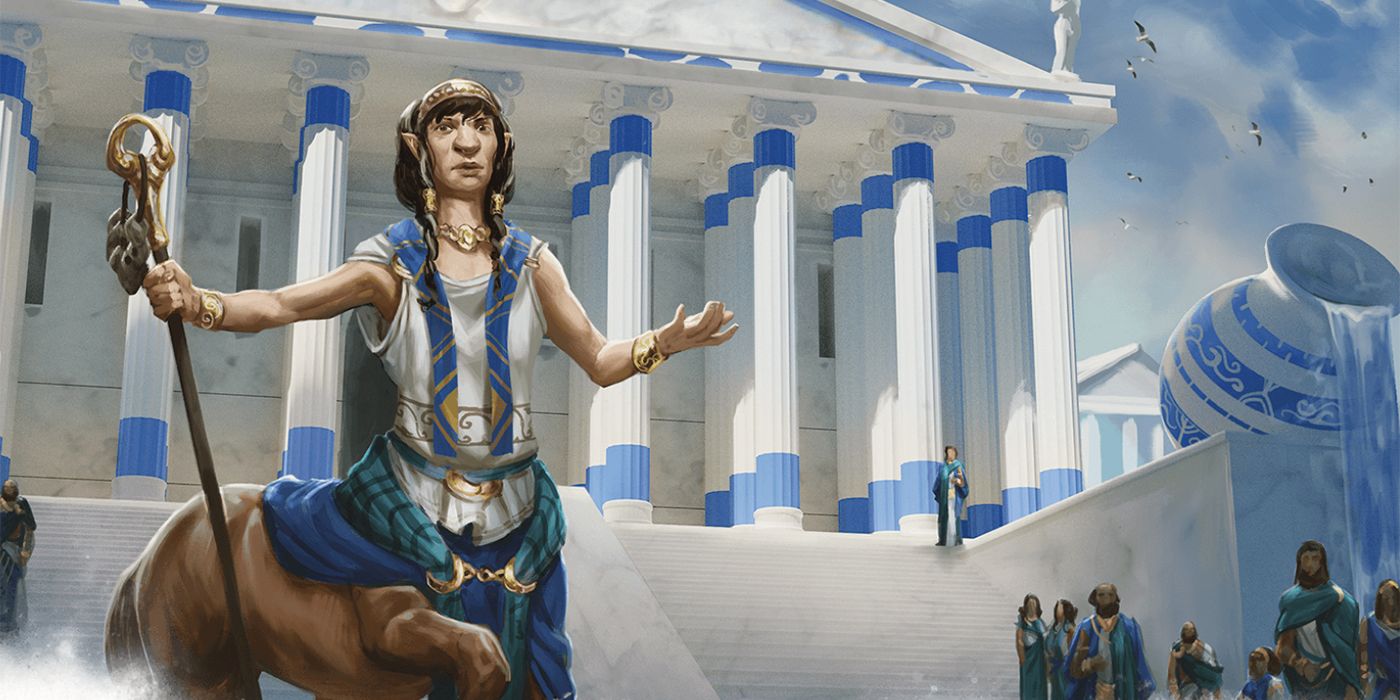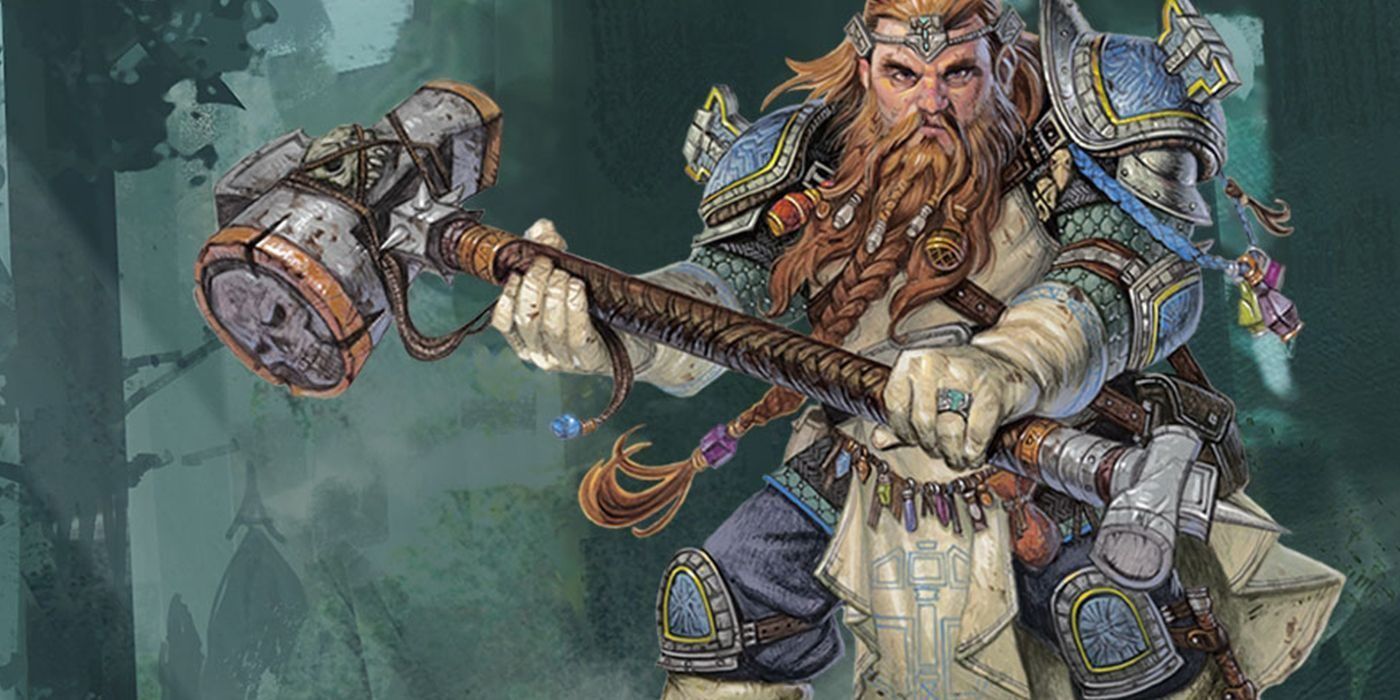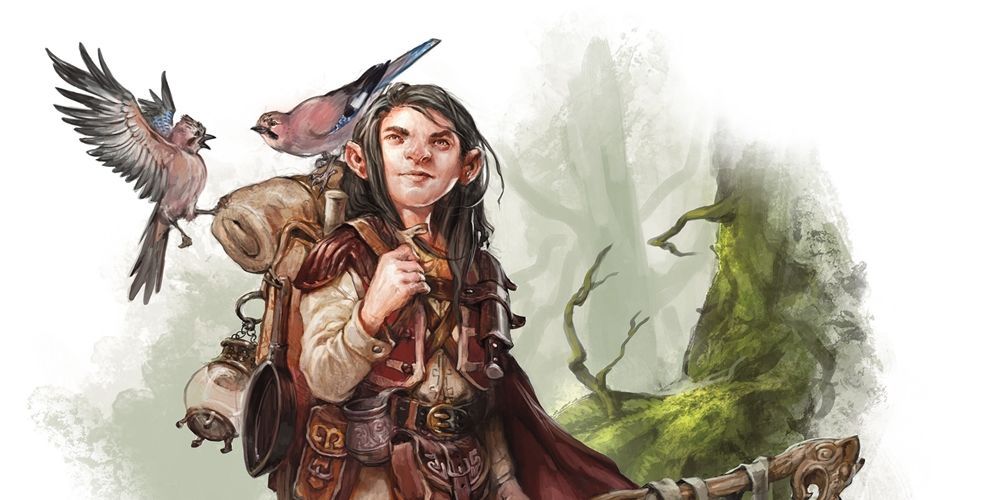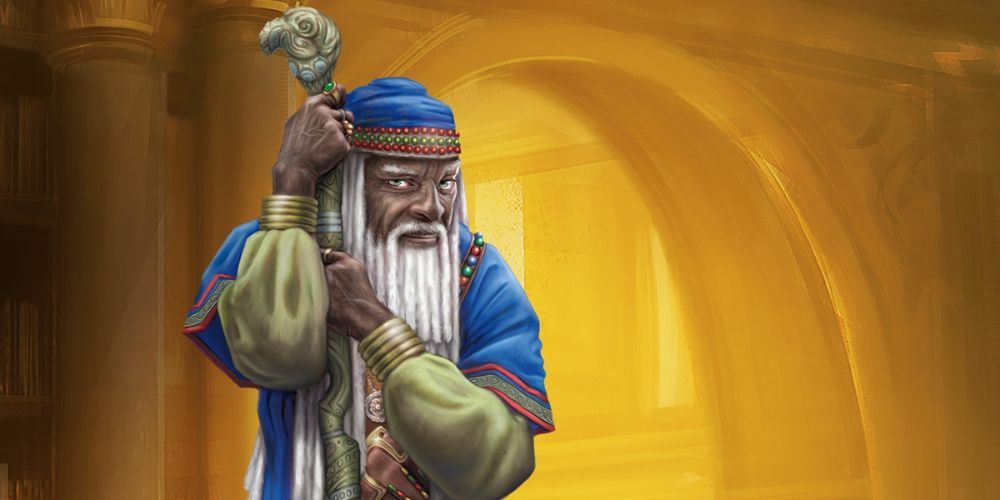In the base version of Dungeons and Dragons 5e, there are six casting classes: the Bard, the Cleric, the Druid, the Sorcerer, the Warlock, and the Wizard. In Eberron: Rising, a seventh major D&D casting class was introduced: the Artificer, and others are available through expanded versions and as separate DLC, especially on D&D Beyond.
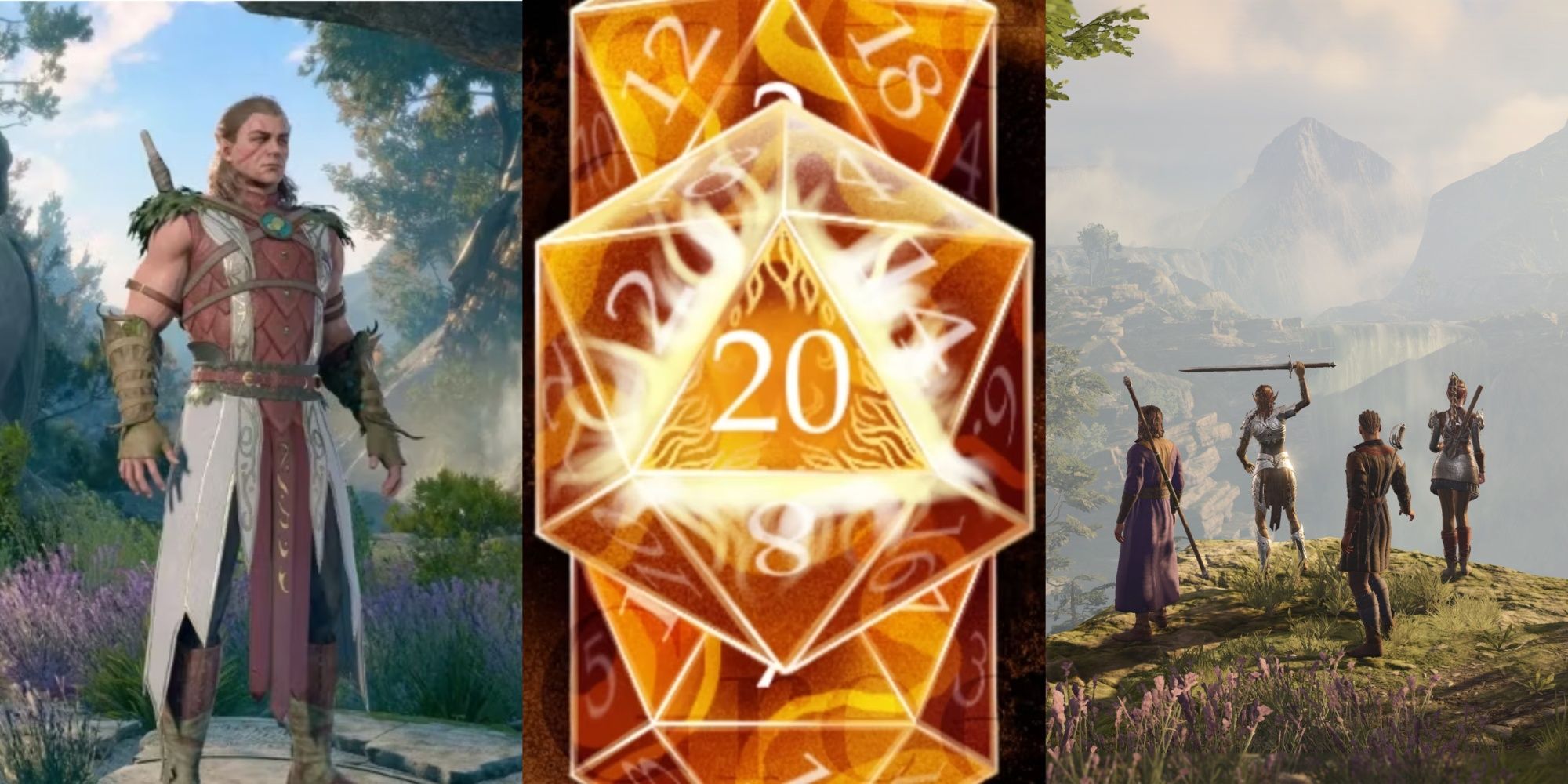
Baldur's Gate 3: 8 Best Changes From Dungeons And Dragons
Baldur's Gate 3 has made both major and minor changes from Dungeons & Dragons. These are the best of the bunch.All casting classes are not made equally, though. Some, like the Warlock and Druid, were made to be versatile, while the Sorcerer and Wizard can lash out huge amounts of damage at the cost of little to no defense. While they might all seem similar on the surface, the playstyle of all D&D spellcaster classes feels completely different.
Updated March 24, 2024 by Erik Petrovich: In Dungeons and Dragons spellcaster classes vary a lot, and it's important to think about the strengths, weaknesses, and general vibe of each before committing to it. When you make a character in DnD, it can be difficult to parse all of the information presented in the Player's Handbook (or whichever supplementary product introduced the class, as with the Artificer and Blood Hunter). This list of all caster classes DnD players can choose from has been updated to provide a little bit more detail on each option. New sections for each entry highlight the strengths, weaknesses, and iconic features of each DnD 5e caster class with brief, at-a-glance bullet points.
8 Blood Hunter, From The Critical Role Podcast
A Fearsome, Varied Class Unfortunately Locked To DnD Beyond
|
Iconic Abilities |
Primary Stats |
Best Blood Hunter Subclasses |
|---|---|---|
|
|
|
The Blood Hunter class is unique to Dungeons and Dragons' online service D&D Beyond. It comes from a special rulebook tied to the well-known Critical Role Dungeons and Dragons podcast, and plays as a sort of mix between a spellcaster and a melee fighter.

Dungeons & Dragons: 6 Best Spell Uses in Critical Role
D&D fans can only marvel at the way these following spells were brilliantly used in the famous actual-play show, Critical Role.Partially based on Witchers from The Witcher franchise, Blood Hunters use spells in combat and alter their bodies through dark rituals to enhance their senses, combat prowess, or other traits. They are a very fun and involved class to play, but only being available through D&D Beyond limits how easily players can access the class.
Blood Hunter Class Strengths
- Powerful, varied abilities and combat style
- Lots of room for unique RP and character backstories
- One of the few "new" classes, ripe for long-time and new players alike
Blood Hunter Class Weaknesses
- Can be complex to learn for new D&D players
- Only officially available through D&D Beyond's online rulebooks
7 Sorcerer
Use Metamagic To Decimate Enemies, But Not Very Reliably
|
Iconic Abilities |
Primary Stats |
Best Blood Hunter Subclasses |
|---|---|---|
|
|
|
The powers of a Sorcerer have been described by some as coming from the discovery that one innately has magical abilities rather than studied them. According to RPGbot, a well-respected Dungeons and Dragons guide maker, the sorcerer is powerful "because they own a few good tools" rather than a variety of less powerful spells.
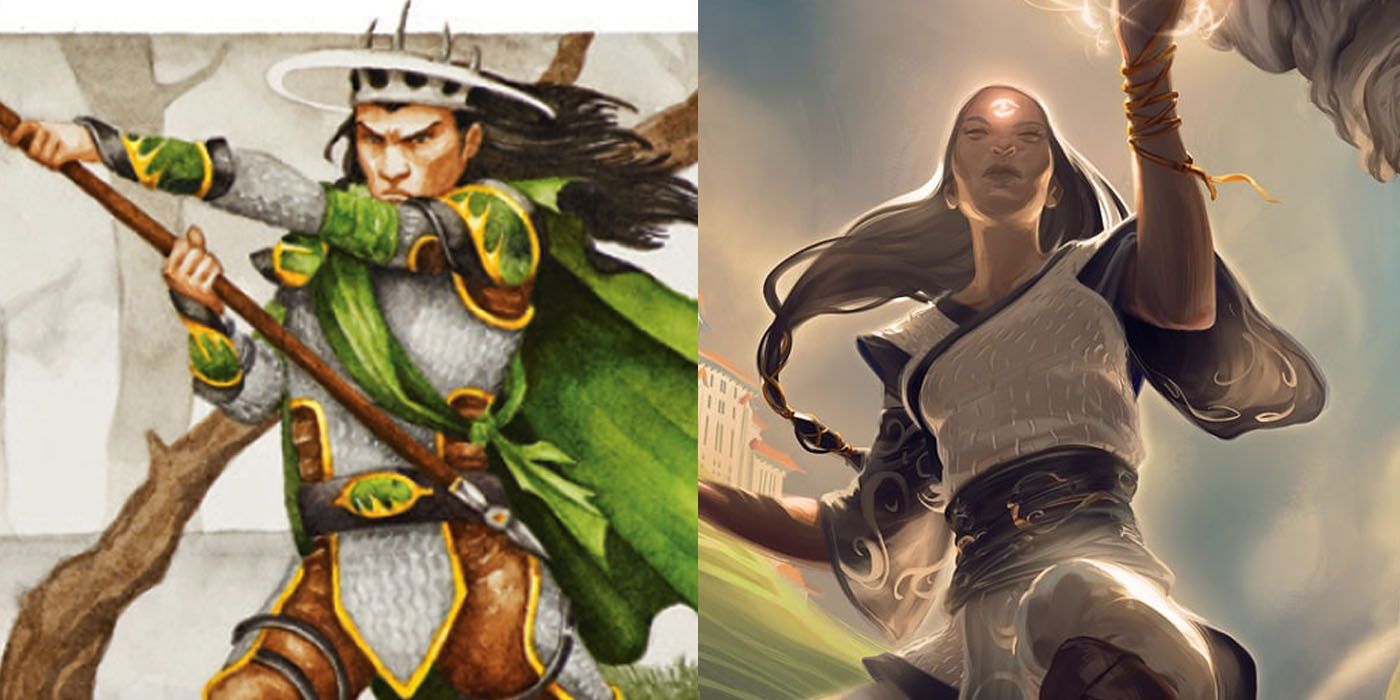
Dungeons & Dragons: 15 Best Enchantment Spells In 5e
Enchantment spells might not be the flashiest out there, but they're invaluable in certain situations. These 5e spells stand out as the best.It's a complicated class to play, mostly due to the Metamagic system, and the lack of in-combat options compared to other casters. When a Sorcerer expends themselves fully in combat, though, they truly go all out and turn enemies to dust, even if there might have been a different solution.
Sorcerer Class Strengths
- Complex without being overbearing
- Metamagic system
- Powerful, if limited, spell selection
Sorcerer Class Weaknesses
- A lack of variety means a lack of combat options when out of Metamagic slots
- Can be very squishy, and requires defensive abilities and allies
6 Artificer
Create Contraptions, Manipulate Metal, & Fix Up Friends
|
Iconic Abilities |
Primary Stats |
Best Blood Hunter Subclasses |
|---|---|---|
|
|
|
The Artificer is a new caster class introduced in the Dungeons and Dragons expanded guidebook Eberron: Rising, and is most easily described as a steampunk MacGyver class. Artificers thrive on versatility in combat and their use of magically-infused technology, but they are also the most complicated class that requires players to micromanage constantly.
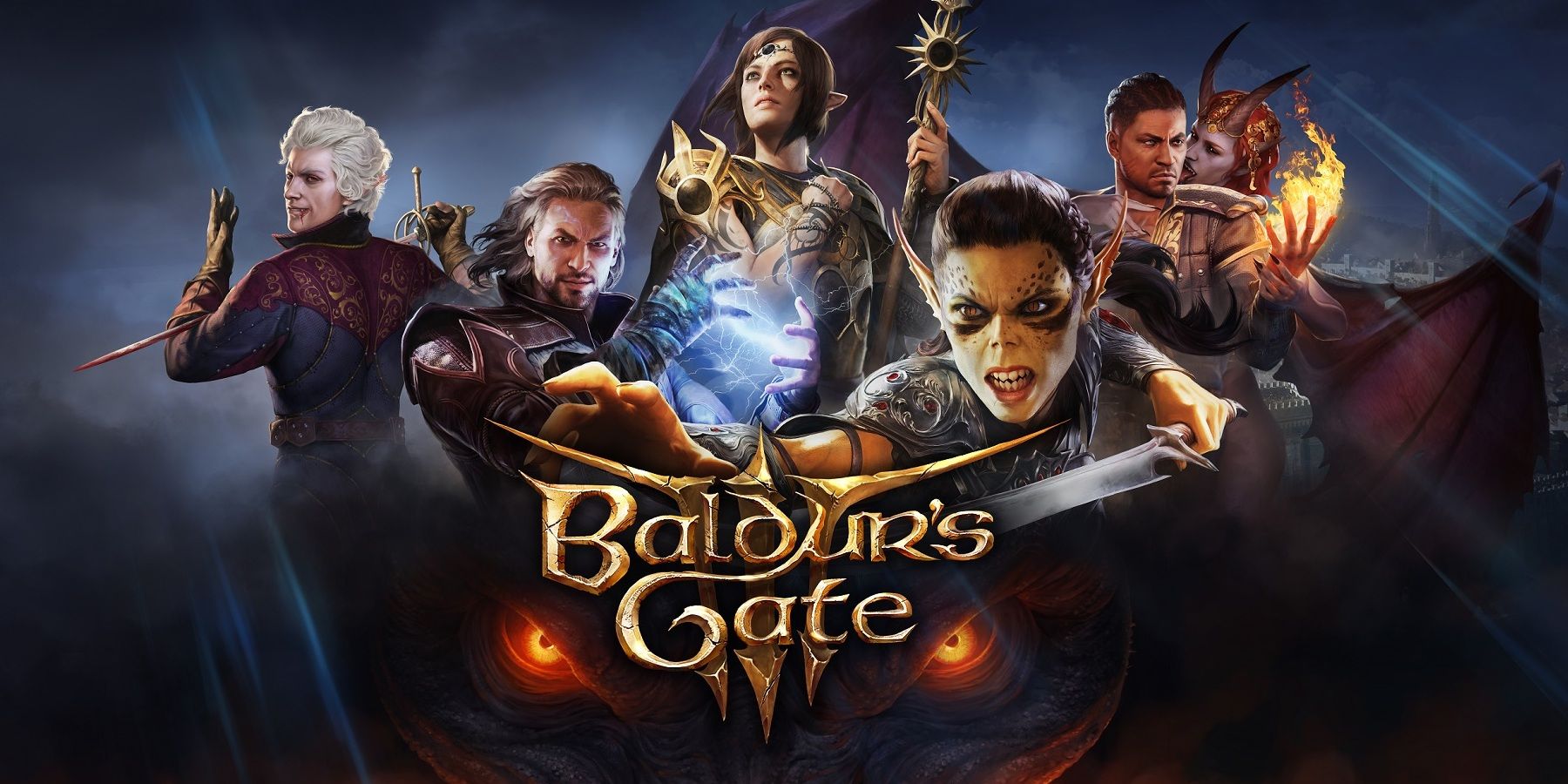
Baldur’s Gate 3: New Classes That Could Be Added In DLC
Though Baldur's Gate 3 does a great job of porting D&D classes in BG3, it leaves out a few notable class options – and tons of subclasses.Artificers are great fun to play in a world that has no knowledge of technology, and they're equally fun to play in settings like Eberron, surrounded by their own ilk. Just be aware that you'll need to keep constantly on top of your character's attunements and readied abilities to master this complex class.
Artificer Class Strengths
- Unique RP opportunities as a technology user in a fantasy setting
- Incredibly varied abilities and gameplay style, almost too much so
Artificer Class Weaknesses
- Arguably the most complex, micromanage-heavy spellcaster
- Requires intimate knowledge of the game's systems
5 Warlock
Invocations, & Demonic Powers Make For Edgy Good TImes
|
Iconic Abilities |
Primary Stats |
Best Blood Hunter Subclasses |
|---|---|---|
|
|
|
Warlocks are generally seen as the least complex casting class to play, due in part to the lack of spell slots, spell slot levels, and a choice of damaging cantrips. It's also one of the most frustrating to play because spell slots recharge with a short rest, but the Warlock has far, far fewer than other spellcasters.
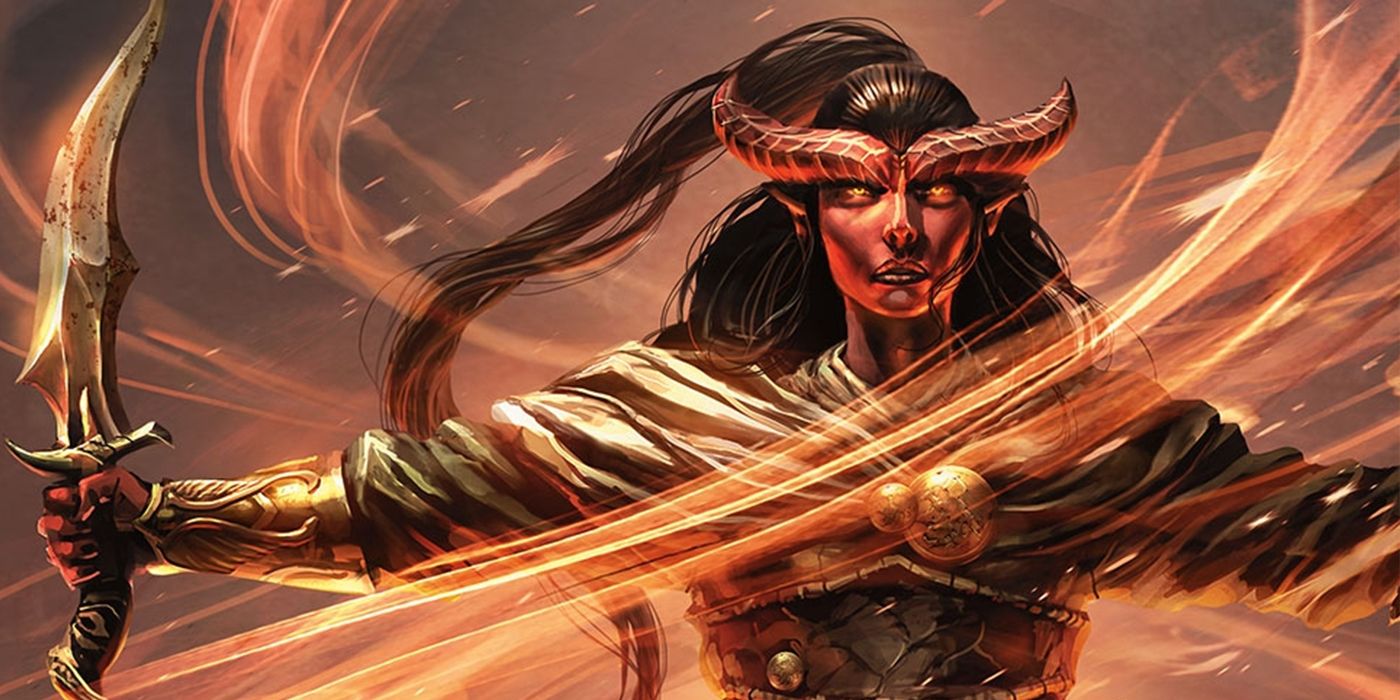
Dungeons & Dragons 5e: Best Warlock Builds
Warlocks are a sometimes underestimated class in Dungeons & Dragons, but done well, they can be devastating spellcasters in their own right.One of the major benefits of choosing a Warlock is the diversity of the class' choices later on down the line. No two playthroughs with a Warlock are quite the same, provided the player chooses different pacts on each character, but it is definitely a beginner class in terms of difficulty.
Warlock Class Strengths
- Tons of late-game diversity for spells and progression paths
- Cantrips help significantly from the very start
- Uniquely tied to demonic forces, for edgy RP
Warlock Class Weaknesses
- Low spell slots and spell slot levels
- Almost too beginner-friendly thanks to lack of complexity, though simple to learn
4 Bard
Much More Than A Mere Musician
|
Iconic Abilities |
Primary Stats |
Best Blood Hunter Subclasses |
|---|---|---|
|
|
|
The Bard is perhaps the most versatile class in all of Dungeons and Dragons, thanks to its ability to fit into just about any party role depending on the Bard's chosen College. The College of Eloquence, for example, just enhances the Bard's innate abilities, whereas the College of Swords turns them into a melee martial fighter.

Dungeons And Dragons: Honor Among Thieves - 7 Things You Didn't Know About The Harpers
There are a few important facts that fans should know about the Harpers in D&D: Honor Among Thieves.The downside to playing a bard is that despite their versatility, they just aren't as powerful as classes that perform the same role. If all the central roles in a party are filled, though, the bard can be a valuable source of buffs and other support for the group.
Bard Class Strengths
- Arguably the most versatile, multi-role-filling class in D&D
- Practically the default class for Support, Buff-heavy builds
- Opportunities for merriment, singing, and silly, raunchy RP
Bard Class Weaknesses
- Not as strong as more role-specific-focused classes
- Requires careful planning to make them useful at high levels
3 Cleric
Like A Paladin, With More Focus On Spells
|
Iconic Abilities |
Primary Stats |
Best Blood Hunter Subclasses |
|---|---|---|
|
|
|
Generally, Clerics end up being the healer or support for the party, but although the class does lean towards those roles, players aren't bound by them. The choice of Domain that the cleric makes is integral to its role in the party – an Arcana Domain Cleric is equivalent to a Wizard, while a Peace Domain Cleric leans towards traditional healing and support abilities.
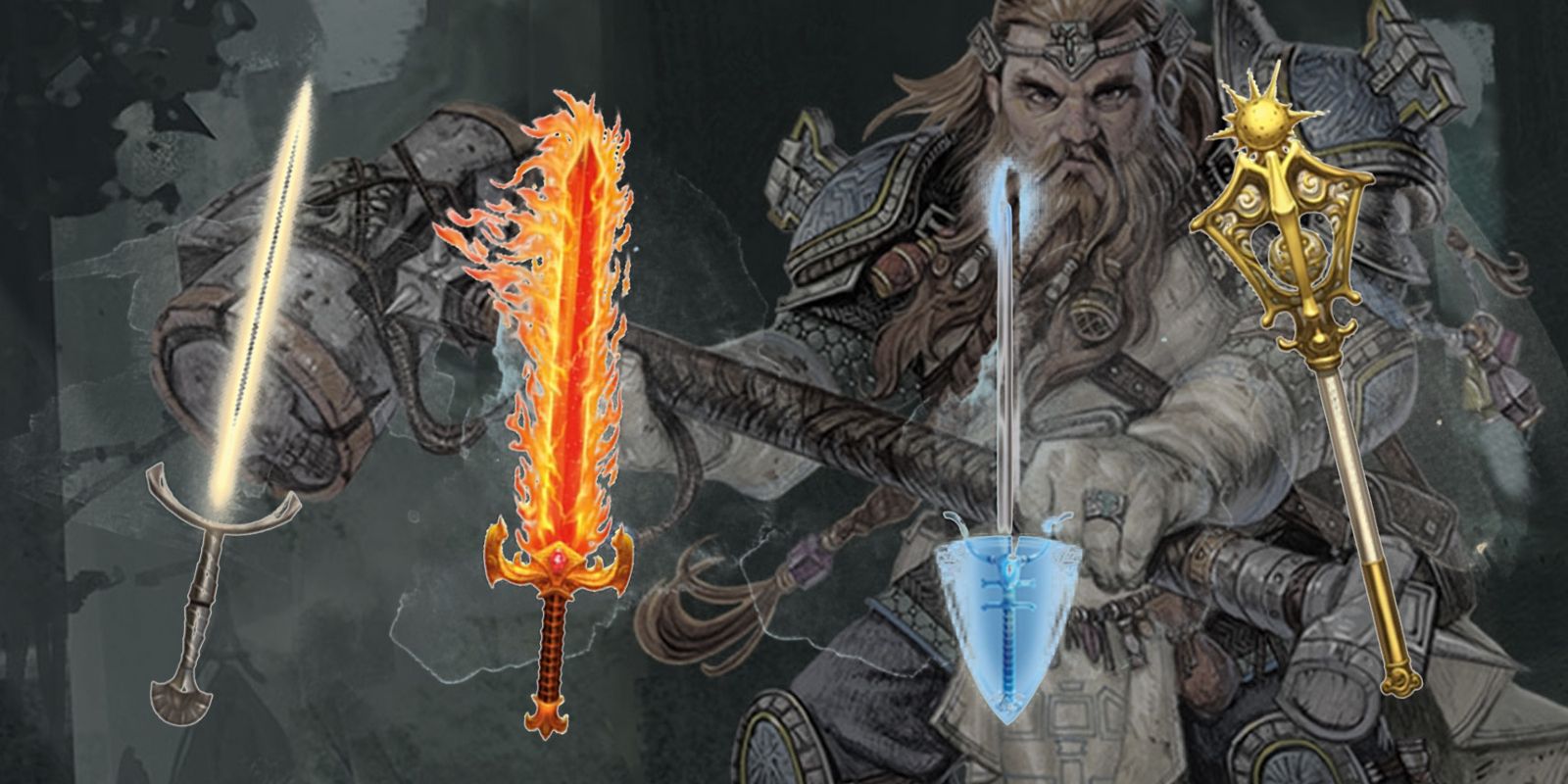
Dungeons & Dragons: The 24 Best Weapons For Clerics (& Where They're Usually Found)
Dungeons & Dragons has evolved enough so that even a Cleric can wield a damage-dealing weapon, and here are the best for this healing class.Though they have some versatility, players mostly agree that no class is as effective at healing as the Cleric. It's not a class that's locked into its traditional role necessarily, but if a player chooses a cleric and doesn't want to take advantage of the class' great support abilities, other party members might get resentful.
Cleric Class Strengths
- Default Healing class, one that doesn't sacrifice combat ability
- Tons of variety for players who want to avoid the Support role
Cleric Class Weaknesses
- Focusing on non-Support spells can draw ire from teammates
- Relatively straightforward, uncomplicated class, despite its variety
2 Druid
Nature Magic and Wild Shape Go A Long Way
|
Iconic Abilities |
Primary Stats |
Best Blood Hunter Subclasses |
|---|---|---|
|
|
|
Druids are a relatively easy spellcaster to play with lots of options for variability in builds. They have the capability to b ecome one of the strongest classes in the game, especially depending on which Circle the player chooses at level 2. Though Druids are not strictly spellcasters, they do have a number of useful spells in their toolkit.
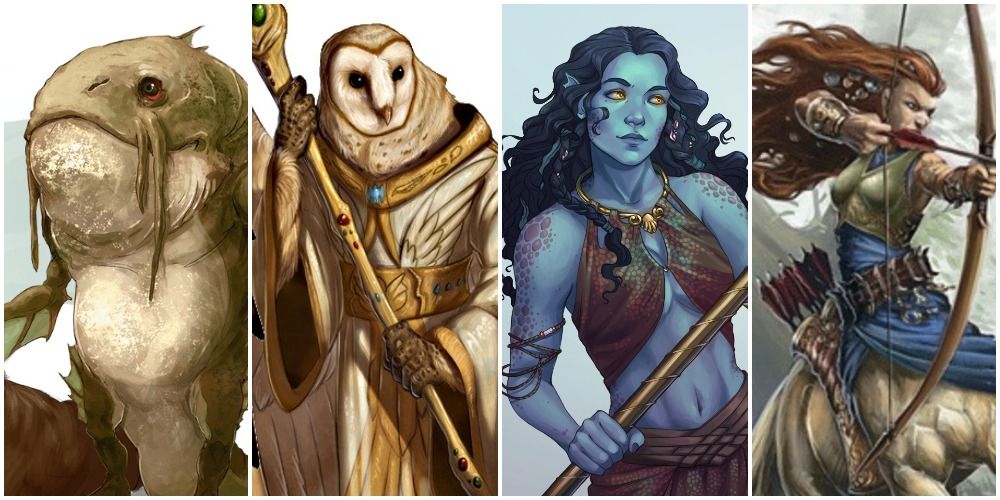
Dungeons and Dragons: 8 Playable Races Outside The Player's Handbook
There are some great playable races in Dungeons & Dragons that are found outside of the Player's Handbook. Here are some prime examples.The Circle of Spores, for example, will enable the Druid to deal poison damage, while the Circle of Dreams grants the Druid a number of casting options. Despite the ability to shift into fearsome animals, Druids are one of the weakest classes in Dungeons and Dragons, requiring careful planning during combat.
Druid Class Strengths
- Shapeshifting through Wild Shape opens up more complexity
- Tons of spell variety & ways to approach both combat and RP
Druid Class Weaknesses
- Not casting-focused, which makes Druids weaker than other spellcasters
- Requires careful planning ahead of time to maximize build
1 Wizard
A Pure Caster With Access To The Widest Array Of Spells
|
Iconic Wizard Abilities |
Primary Wizard Stats |
Best Wizard Subclasses |
|---|---|---|
|
|
|
The Wizard is undoubtedly the go-to class for any player looking to try casting for the first time, and for good reason. It's arguably the most iconic class in Dungeons and Dragons, with access to a huge swathe of useful spells, and is considered by most to be the best casting class in general.
Wizards do suffer from being spongey and having a low number of spell slots each day, though. There are few ways for a Wizard to heal the party, but proper preparation can give them access to supporting, controlling, and damage-dealing spells regularly. They have more out-of-combat abilities than other classes, too, making them the all-around best caster for any campaign setting.
Wizard Class Strengths
- Easy to learn, easy to master, but still varied and complex
- Powerful spells, fit for one of the most iconic D&D classes
Wizard Class Weaknesses
- Low number of spell slots
- Arguably the most spongey, squishy class in D&D, without defensive spells
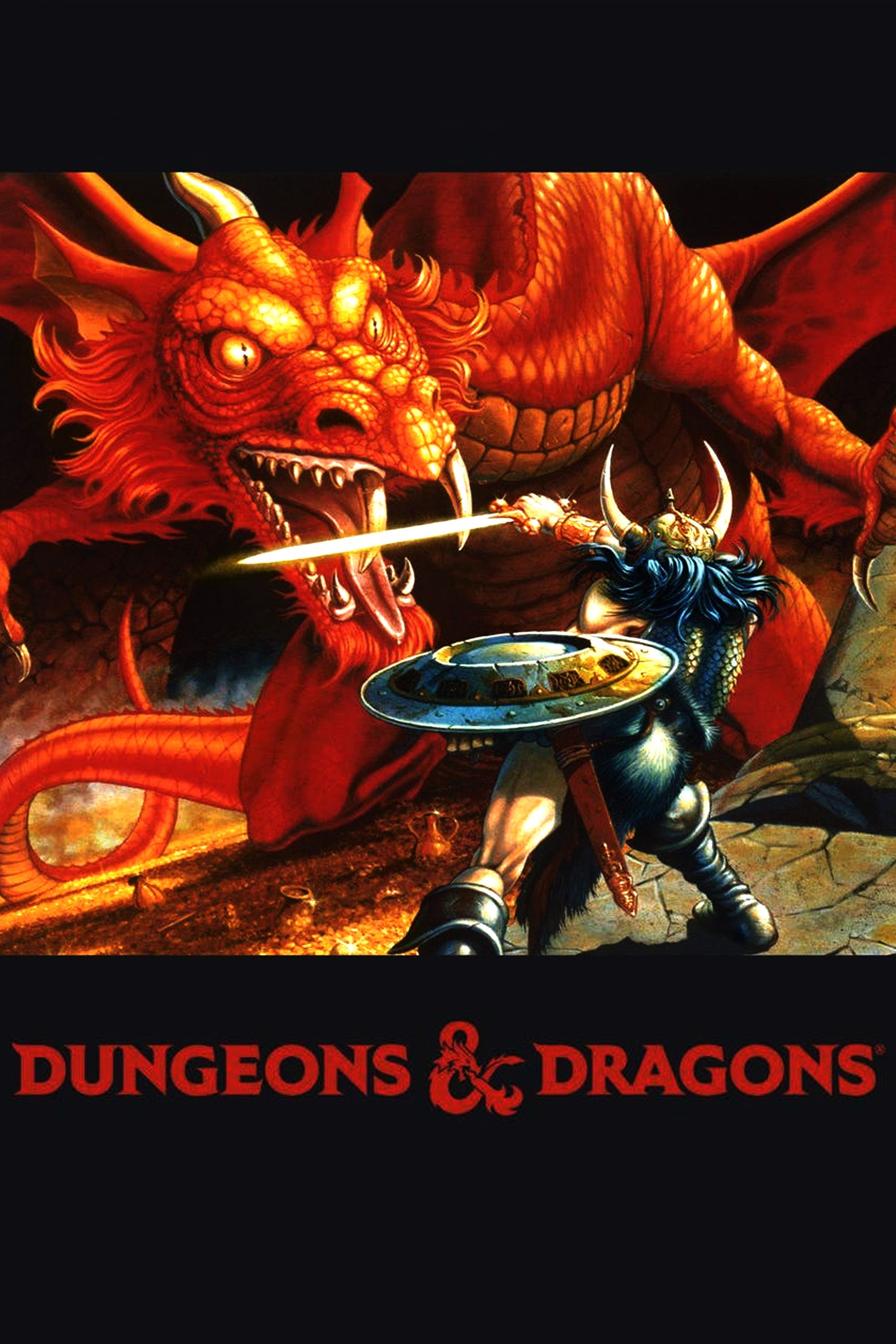
Dungeons and Dragons
- Original Release Date
- 1974-00-00
- Publisher
- Wizards of the Coast
- Designer
- E. Gary Gygax , Dave Arneson
- Franchise
- Dungeons & Dragons

